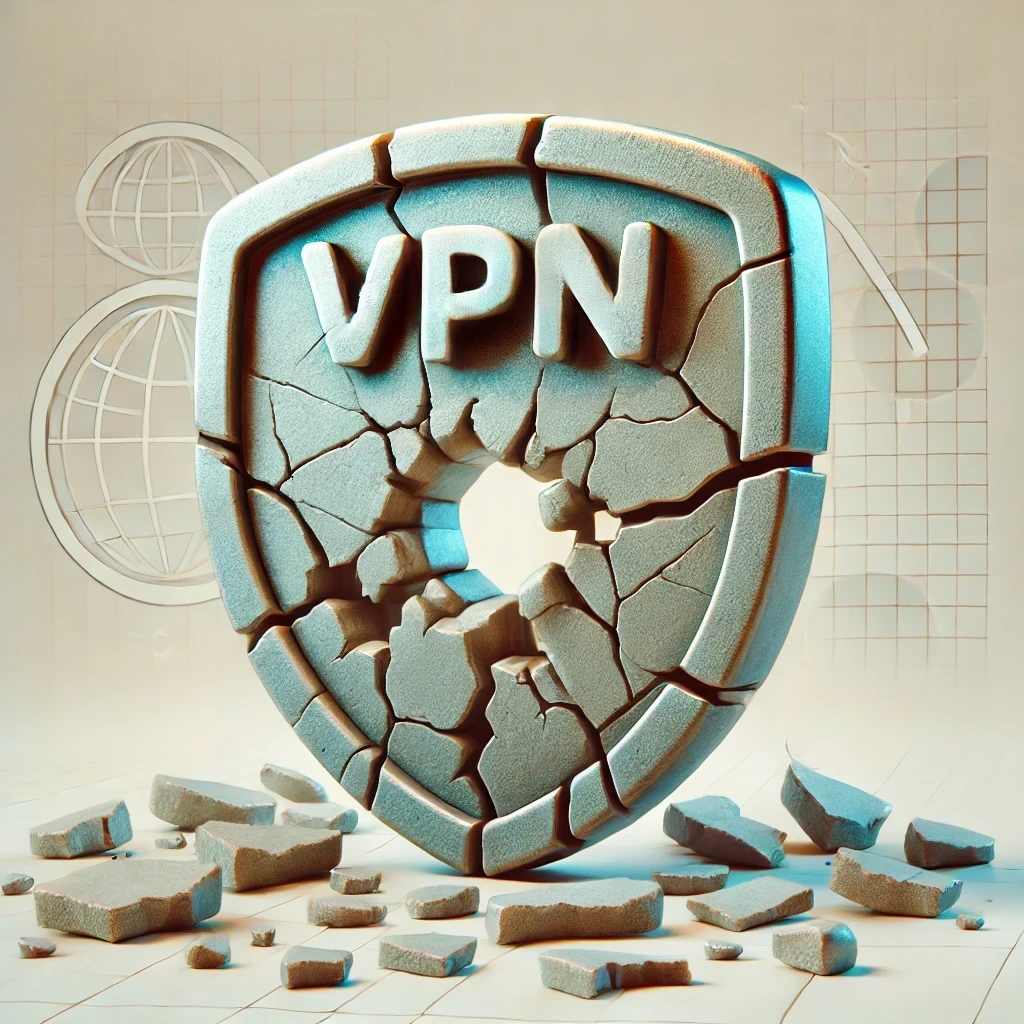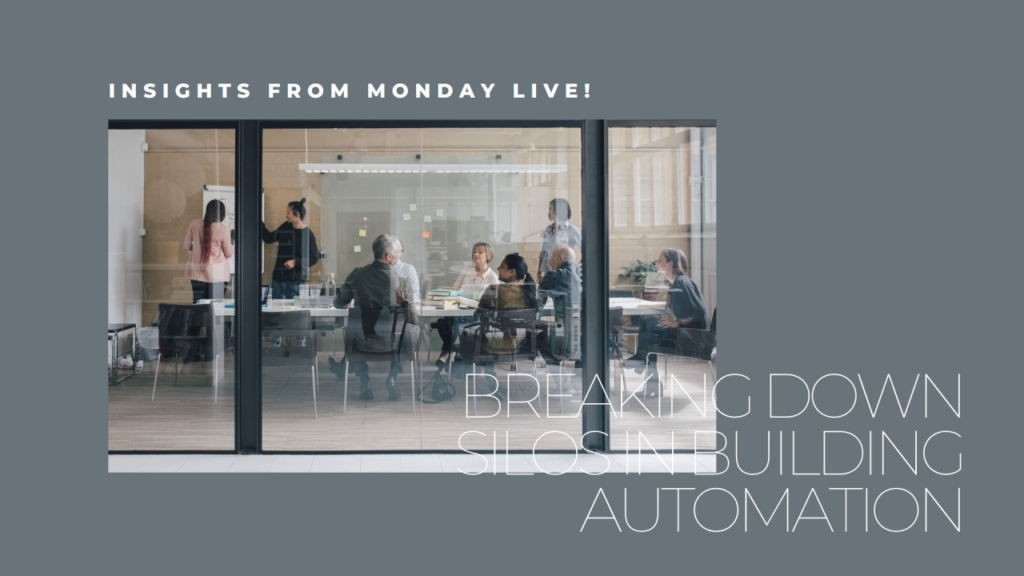How to Design a Lighting Control System, Part 2
by C. Webster Marsh, CLCP and Craig DiLouie, LC, CLCP, the Lighting Controls Association In Part 1 of this Lighting Controls System Design series, we
Home » You searched for cloud native » Page 4
by C. Webster Marsh, CLCP and Craig DiLouie, LC, CLCP, the Lighting Controls Association In Part 1 of this Lighting Controls System Design series, we

Real estate organizations commonly rely on Virtual Private Networks (VPNs) and desktop sharing apps to enable remote access. However, these technologies are increasingly the targets of hackers as they provide an easy point of entry for ransomware attacks and data breaches. Understand these risks and learn about a more secure alternative: modern cloud-based remote access platforms.

The other day, we talked about finally becoming digitally mature. I have always wondered who and what I would be when I finally grew up.

Celebrate this week with gratitude for all things engineering, and tell those who bear this great responsibility that you appreciate all their hard work.

President & Managing Member – President & Managing Member Follow him on LinkedIn Giving the Smart Buildings Industry a more unified voice Who is C4SB?

As we move forward, let’s stay hungry for innovation, embrace new technologies, and collaborate across disciplines. The future of smart buildings is bright, and by working together, we can create spaces that are not only efficient and sustainable but also truly enhance the lives of those who inhabit them.

Introduction In the ever-evolving landscape of building automation, staying current with the latest trends and technologies is crucial. The “Monday Live! July 22, 2024” session

Monday, July 22nd Monday live was a discussion around integrating building silos, focusing on the difference between inter-silo (between different industries/domains) and intra-silo (within the

The adoption of Linux can potentially disrupt the traditional procurement model in the building industry, which has long been dominated by the “thousand dollar per point” mentality. By offering a more cost-effective and flexible alternative, Linux could encourage a shift towards value-based procurement, focusing on outcomes and performance rather than proprietary hardware costs.

I was part of an exciting Monday Live Zoom yesterday featuring Linux. I have always loved the robustness and the anywhere everywhereness by every one
by C. Webster Marsh, CLCP and Craig DiLouie, LC, CLCP, the Lighting Controls Association In Part 1 of this Lighting Controls System Design series, we

Real estate organizations commonly rely on Virtual Private Networks (VPNs) and desktop sharing apps to enable remote access. However, these technologies are increasingly the targets of hackers as they provide an easy point of entry for ransomware attacks and data breaches. Understand these risks and learn about a more secure alternative: modern cloud-based remote access platforms.

The other day, we talked about finally becoming digitally mature. I have always wondered who and what I would be when I finally grew up.

Celebrate this week with gratitude for all things engineering, and tell those who bear this great responsibility that you appreciate all their hard work.

President & Managing Member – President & Managing Member Follow him on LinkedIn Giving the Smart Buildings Industry a more unified voice Who is C4SB?

As we move forward, let’s stay hungry for innovation, embrace new technologies, and collaborate across disciplines. The future of smart buildings is bright, and by working together, we can create spaces that are not only efficient and sustainable but also truly enhance the lives of those who inhabit them.

Introduction In the ever-evolving landscape of building automation, staying current with the latest trends and technologies is crucial. The “Monday Live! July 22, 2024” session

Monday, July 22nd Monday live was a discussion around integrating building silos, focusing on the difference between inter-silo (between different industries/domains) and intra-silo (within the

The adoption of Linux can potentially disrupt the traditional procurement model in the building industry, which has long been dominated by the “thousand dollar per point” mentality. By offering a more cost-effective and flexible alternative, Linux could encourage a shift towards value-based procurement, focusing on outcomes and performance rather than proprietary hardware costs.

I was part of an exciting Monday Live Zoom yesterday featuring Linux. I have always loved the robustness and the anywhere everywhereness by every one
Our LinkedIn group has more than 4,000 members + 21,880 LinkedIn connections
Email sponsors@automatedbuildings.com